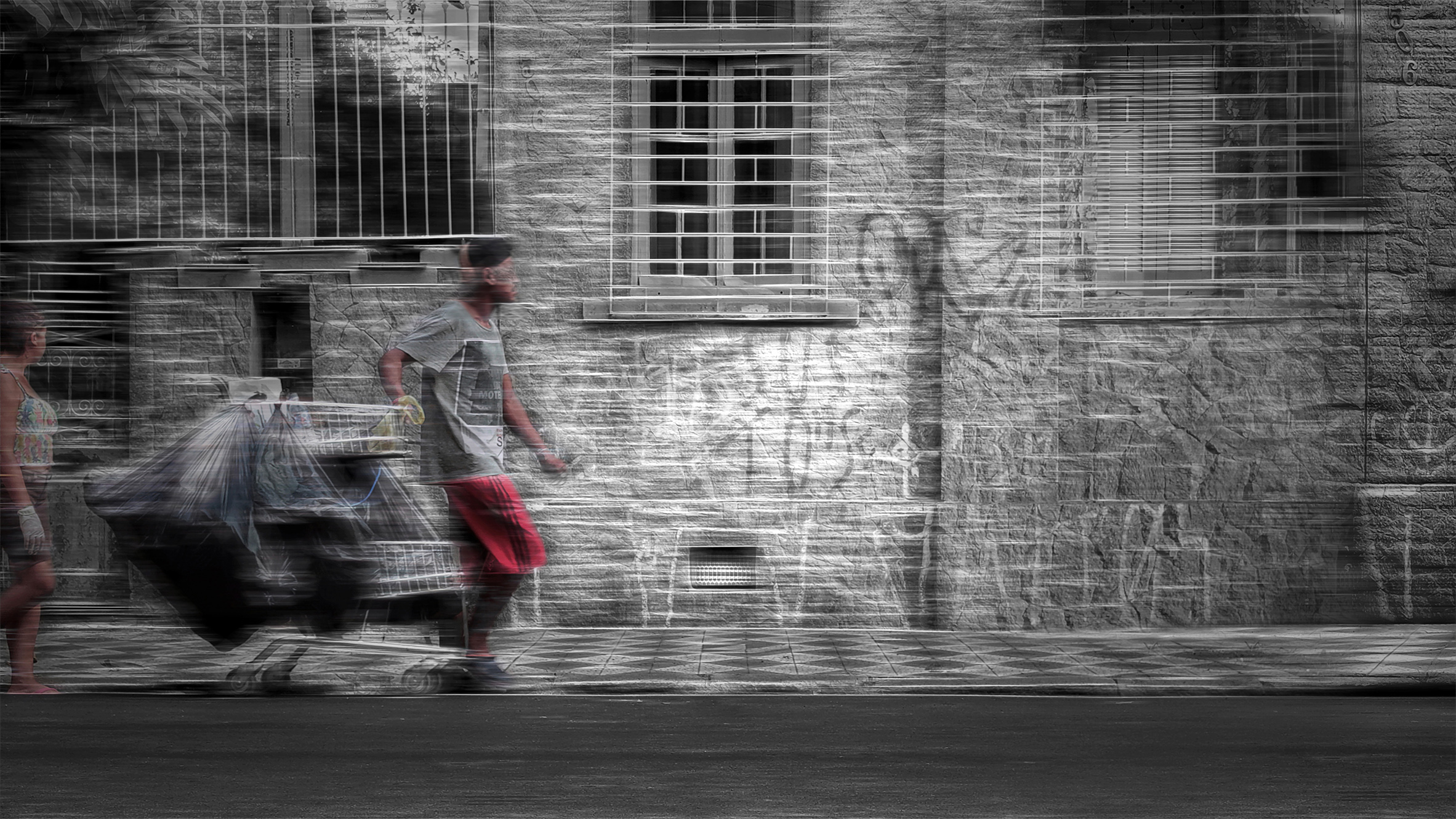
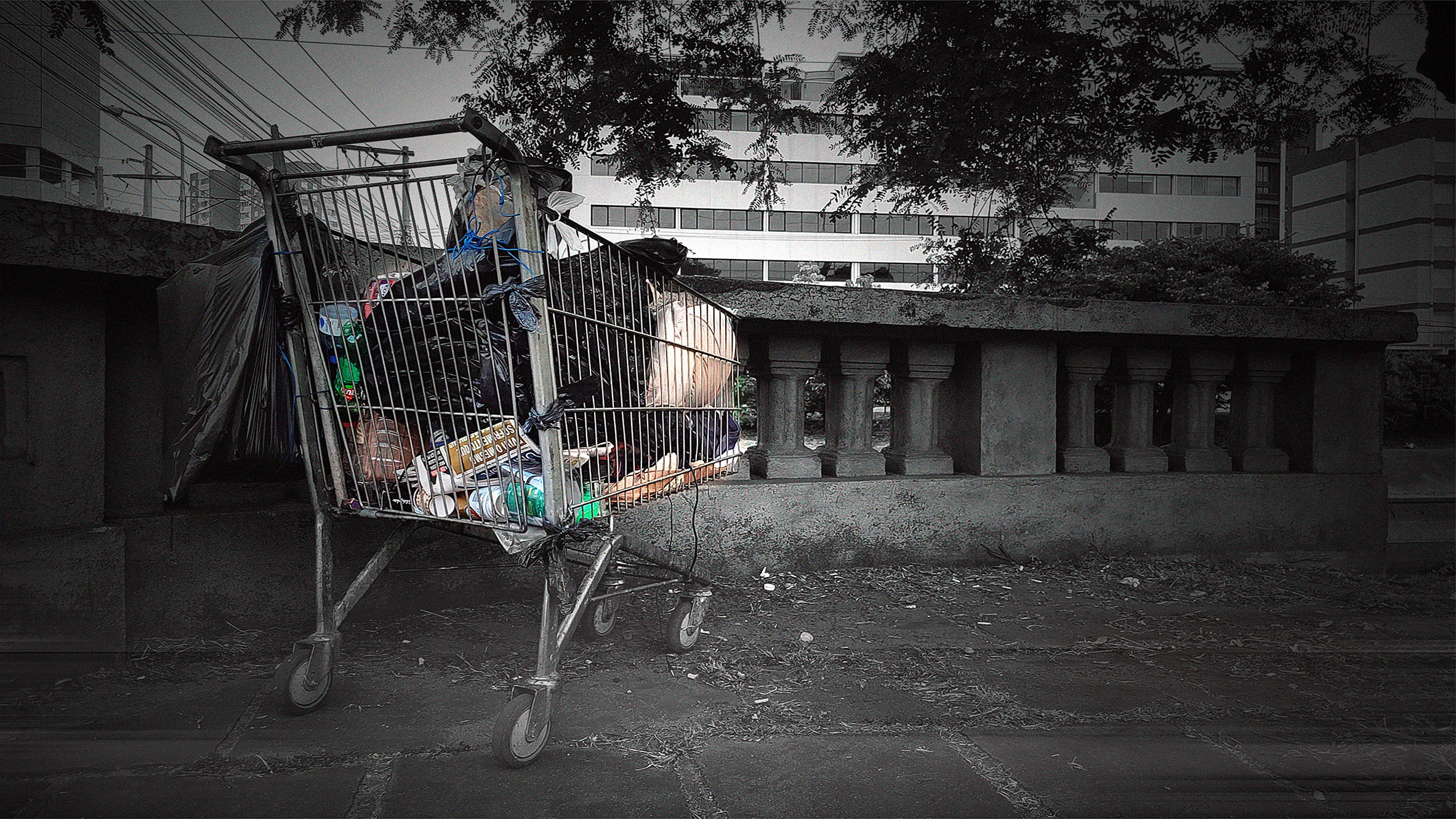
The feature film “A Filha do Dilúvio” is based on the novel of the same name by writer and screenwriter Miguel da Costa Franco, who won an Emmy in 2015 for the series “Doce de Mãe”. The script was developed by the author of the original work, in partnership with Carlos Gerbase (award-winning filmmaker from Rio Grande do Sul, with eight feature films to his credit), who will also direct the film. Writer José Falero (finalist of the 63rd Jabuti Prize and winner of the AGES Prize, both in 2021, thanks to the novel “Os Supridores”) provided assistance on the dialogues.
The story revolves around Rosa, a woman who has just had a daughter and is homeless in the city of Porto Alegre. On a stormy night, with the help of Caçapava, a man who also has nowhere to live, seeks shelter in the garden of a temporarily unoccupied house, belonging to a middle-class couple who spend their holidays in Punta del Este (Uruguay). However, that same night, the owners of the house, João and Sandra, return to their home. Sensitized by the difficult situation of Rosa and her baby and dominated by her maternal instinct (not yet realized), Sandra allows the “invaders” to remain in the garden. Shortly afterwards, she ends up welcoming mother and daughter into the house. In the following days, conflicts erupt due to the social abyss that separates the characters, heightened by a painful memory of Rosa and João’s childhoods. Furthermore, Sandra becomes increasingly involved with the baby and fears for her future with a mother who has nowhere to live.
At the time of the story covered in “A Daughter of the Dilúvio” – 2003 –, Porto Alegre, the main setting of the plot, had approximately 1,000 homeless people, according to the City Hall. In 2021, the same source indicated more than 4,000 people in this condition, although other sources indicate higher numbers. There are few Brazilian audiovisual works of fiction that deal with this topic. One of the purposes of “The Daughter of the Flood” is to break the state of complacency with the problem and give it greater visibility through cinema and other media capable of reaching large segments of the population.
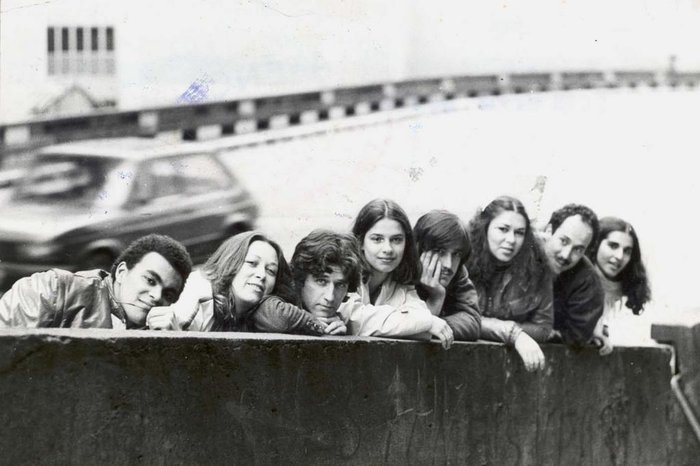
THE MOST SUCCESSFUL PLAY IN THE HISTORY OF RIO GRANDE DO SUL WILL BE A FILM The play “Bailei na Curva” premiered at Teatro do IPE on October 1, 1983, in Porto Alegre, becoming the first theatrical production in Rio Grande do Sul to be performed at the renovated Theatro São Pedro in 1984. Over […]

A peça “Bailei na Curva” estreou no Teatro do IPE em 1º de outubro de 1983, em Porto Alegre, tornando-se a primeira produção teatral gaúcha a se apresentar no renovado Theatro São Pedro em 1984. Ao longo dos últimos 40 anos, esta peça tem sido mantida em cartaz em temporadas anuais, celebrando sua milésima apresentação […]
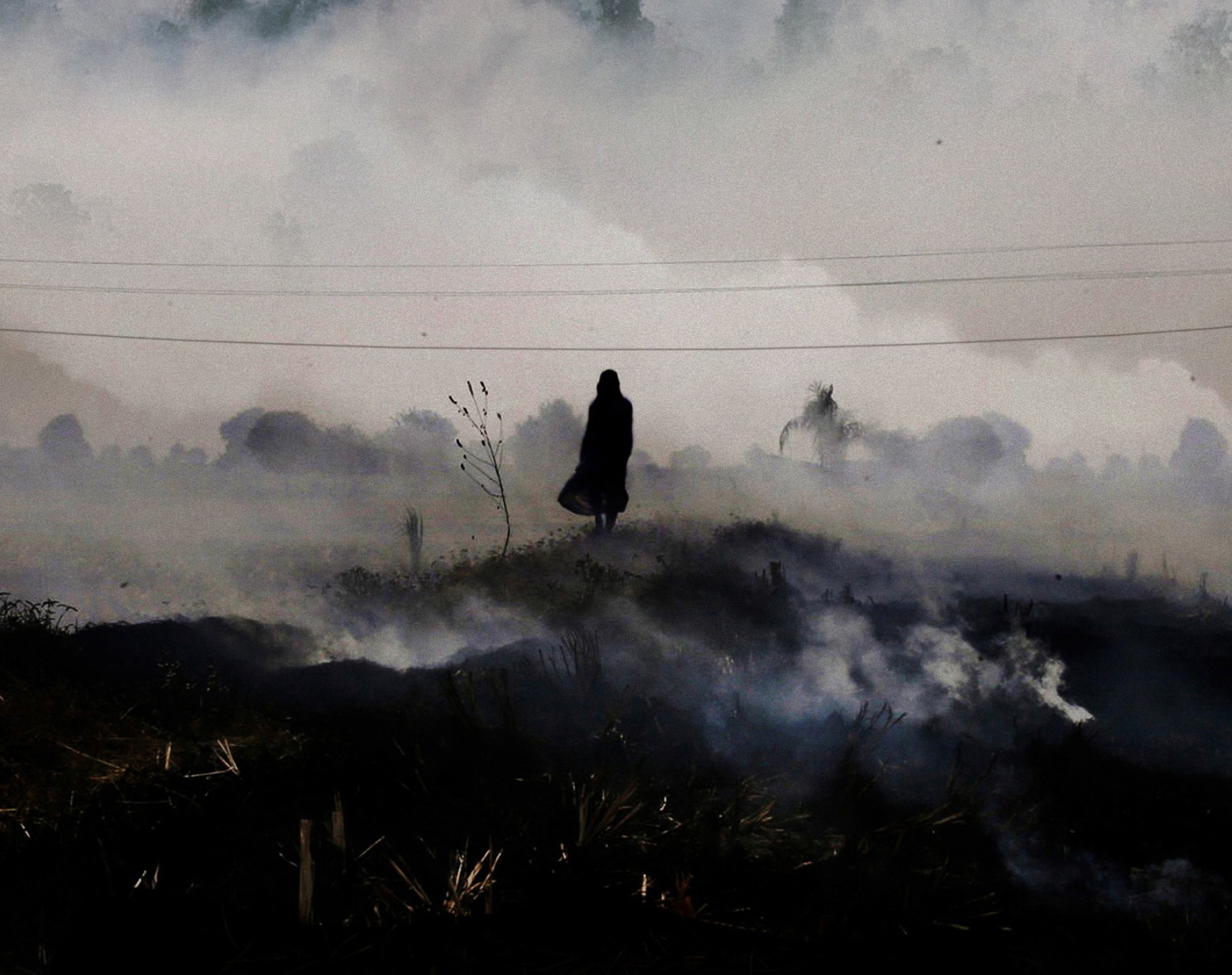
The life of a young urban indigenous man is shaken when he meets a mysterious girl who has just moved with her family to the village where the boy lives, on the side of a highway. The two are instantly attached to each other. However, it doesn’t take long for the boy to discover that […]
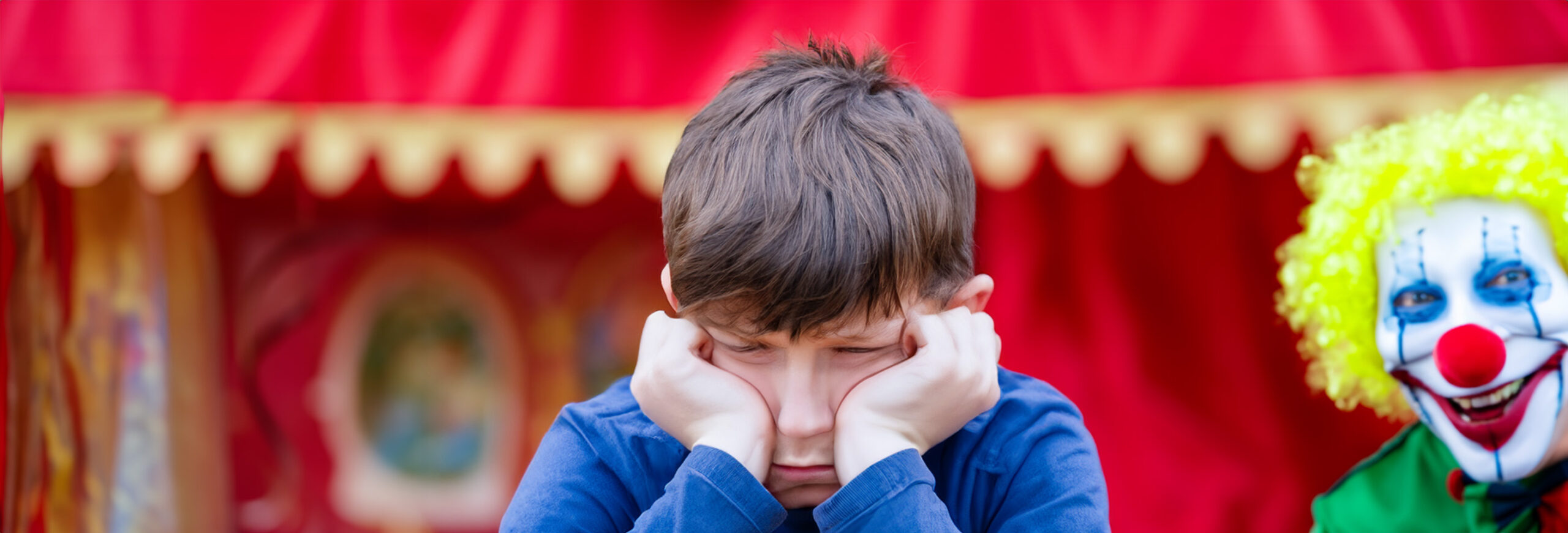
Based on the book by Mário Corso. The story of a boy sold to the circus by his own parents.